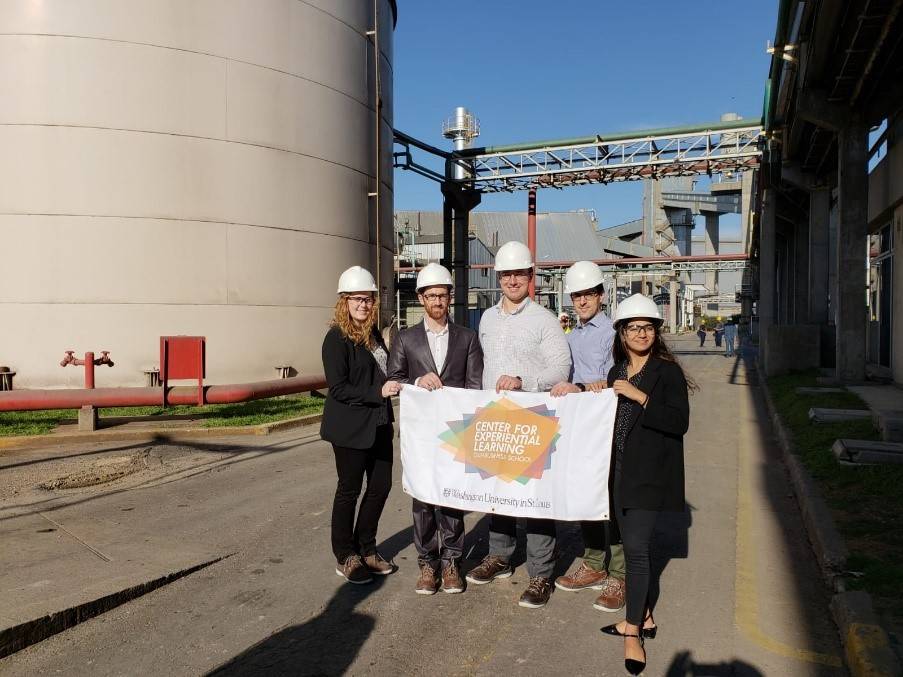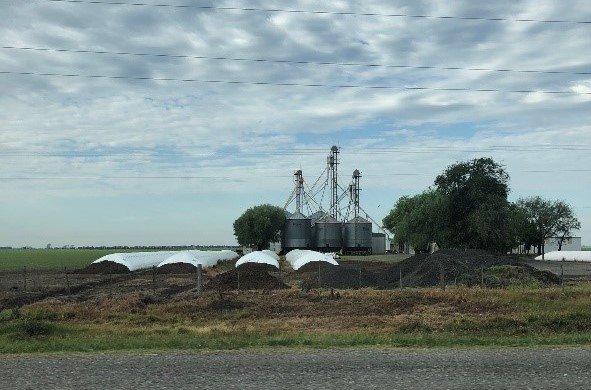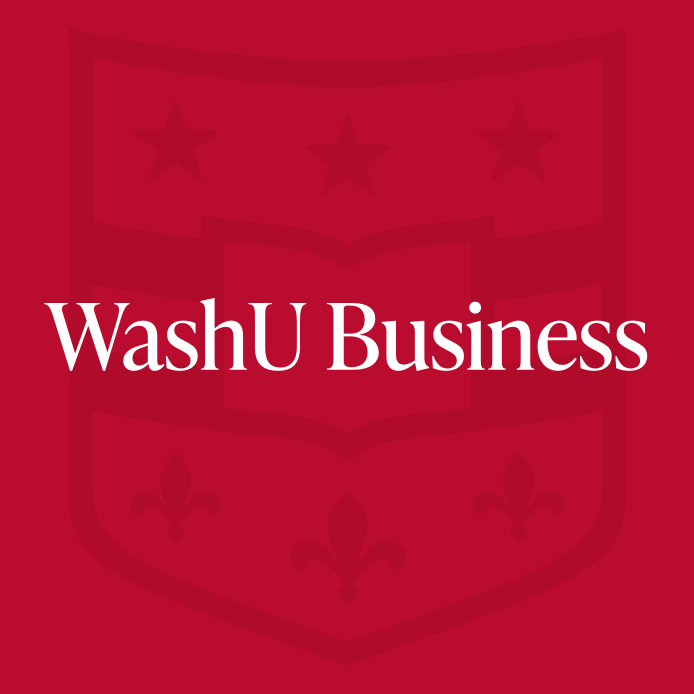Exploring the agtech value chain with Olin CEL in Argentina
- December 14, 2018
- By WashU Olin Business School
- 3 minute read

St. Louis is known as one of the best agricultural technology ecosystems in the world.
With great agriculture universities, world-class research centers, interested investors, and thoughtful infrastructure, St. Louis is a perfect example of a successful ecosystem.
This fall, a team of graduate and undergraduate students at Olin Business School took a deeper dive into agtech ecosystems to learn about the importance of those essential institutions, groups, and entities necessary to have a successful ecosystem. We partnered with Austral University in Rosario, Argentina, and the Yield Lab, located both in St. Louis and Buenos Aires, to look at two different agtech ecosystems. As part of this process, we traveled to Buenos Aires and Rosario in early October.
Wheels up

Before leaving for Argentina, the team conducted research and interviews in St. Louis. We were excited to share their findings with the partners at Austral University in Rosario and the Yield Lab upon arriving in Argentina. We had a full schedule once we touched down in Argentina, and all of us were focused on the goal of the trip: to understand the key drivers of the agtech ecosystem in Rosario and to learn about how it has evolved over time.
Rosario is located in the province of Santa Fe, which is in the heart of soy country in Argentina, making it a perfect place for an agtech ecosystem to emerge. St. Louis is also located in a heavily agricultural region. The team spent some time driving between the cities of Rosario, Cordoba, and Santa Fe. Ultimately, this traveling gave us the opportunity to see the countryside of Santa Fe and how it closely resembles the agricultural region around St. Louis.
 On our second to last day in Rosario, our team visited Molinos Agro, a large local soy crushing facility in San Lorenzo (just outside of Rosario). We had spent most of the week learning about the agtech ecosystem from the beginning of the value chain with startups creating new farm technology or genetically engineering seeds.
On our second to last day in Rosario, our team visited Molinos Agro, a large local soy crushing facility in San Lorenzo (just outside of Rosario). We had spent most of the week learning about the agtech ecosystem from the beginning of the value chain with startups creating new farm technology or genetically engineering seeds.
A fuller view
As a result, visiting Molinos Agro was especially helpful in that it gave us a glimpse into the middle-end of the value chain. The soy beans came into this facility as raw materials and left as either soy mill or soy oil. This was a great experience for our team, as it allowed us to see the effects that startup technology can have on an entire industry.
Our week in Argentina was filled with activities. Throughout the visit our team had the opportunity to interview with accelerators, startup founders, large local corporations, government agencies, investors, and the Rosario Board of Trade. These interviews provided great insights into the Rosario agtech ecosystem. Upon returning to St. Louis, the team has been hard at work to learn more about the Rosario ecosystem and to create a gap analysis between the two ecosystems. This gap analysis will provide insight into the necessary pieces of a successful agtech ecosystem.
Based on our experiences thus far, taking on a CEL practicum project is a lot of work, but it provides students with experience in industries in which they may have never considered working and helps students to develop useful skills in consulting, teamwork, and critical thinking.
Pictured above: Abigail MacDonald, MSW/MBA 2018; Gabe Berkland, MBA 2019; Nick Wosniak, MBA 2019; Jeff Brown, MBA 2019; Ankita Bhalla, BSBA 2020.
Media inquiries
For assistance with media inquiries and to find faculty experts, please contact Washington University Marketing & Communications.
Monday–Friday, 8:30 to 5 p.m.
Sara Savat
Senior News Director, Business and Social Sciences
